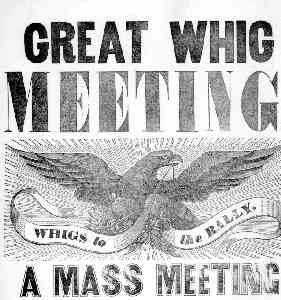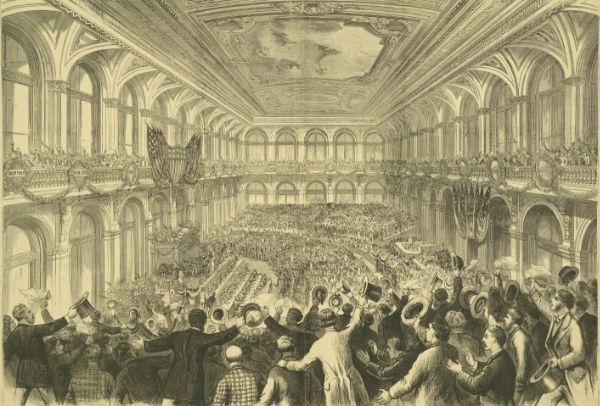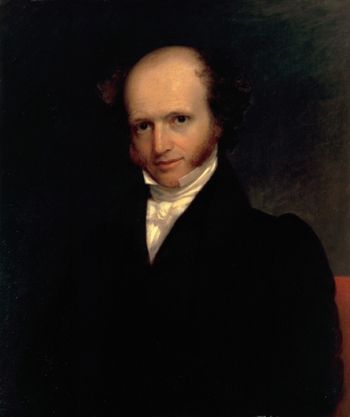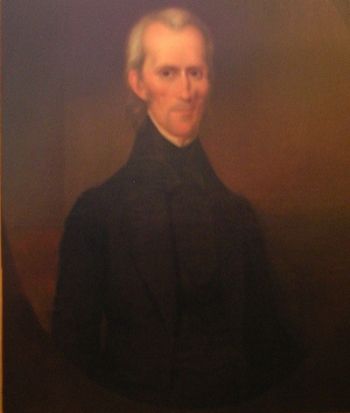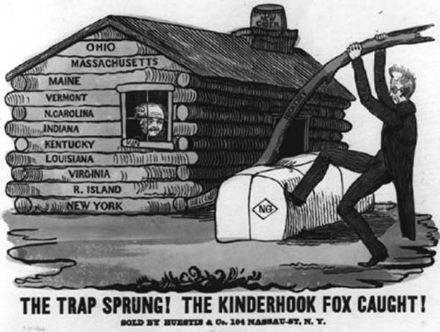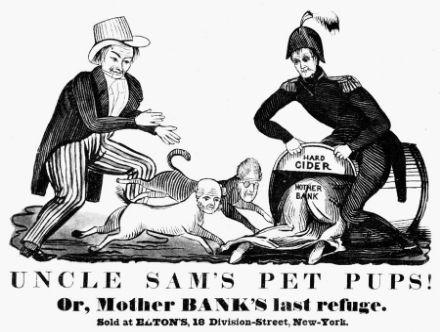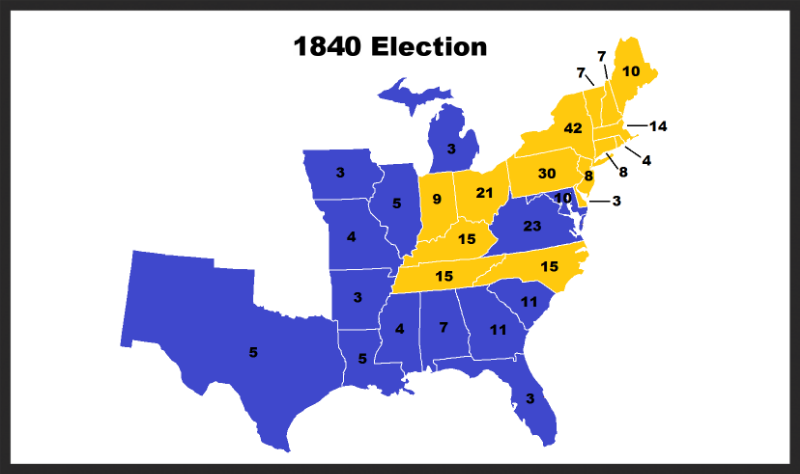You need Mexico doing its bit to get the party started for good!
Since Mexico has lands that *rightfully* belong to the United States, they'll be playing their role again in a much more brutal war rather soon I think (actually, I know)!
The great swap in the 60s is one of the most confusing aspects of American politics. Akin to earth suddenly swapping the places of magnetic southern and northern poles. (which I believe has occurred many times) Wonder how such a swap would damage our modern society that relies somewhat on stable magnetic field.

I agree Enewald, what the hell how can both political parties get away with such a radical turn of political ideology?
When was the last time that there was a serious 3rd force in US politics, I would generally exclude the libertarian party as it seems to be swallowed by the republicans in most primaries.
I think socialists scored some gains in early 20th century, but hardly enough to shatter the two-party system. Then there were some Agrarian/Progressive parties in late 19th century, but again none lasted quite long.
My source, volksmarschalls V1 AAR. :rofl:
3rd Parties have never been a real viable force in American politics, in large part, because of the two-party system (even somewhat today, but much less visible). While smaller third parties, like the Populists and Progressives (even the Socialists very briefly) enjoyed some minor electoral success (the Progressive Party, 1912-1916) was the last third party with historical electoral gains and national congressmen and governors but most of these members, former Republicans, folded back into the Republican Party by 1920. The more contemporary Reform and Constitution Parties, which mobilized to support Ross Perot, had a certain degree of Presidential success in that he achieved very high tallies for a third party candidate in the presidential race, but, they never really elected anyone after Perot's defeat (one trick pony really).
It's important to understand, unlike in European politics where party unity is much more visible, American political parties always had their far apart factions that were only unified through a few issues. The Republicans, from 1854-1970s were filled with liberals, imperialists, conservatives, populists, progressives, anti-imperialists, etc. all were generally unified around the Hamiltonian (pro-business, economically nationalist/conservative) economic program so everyone was willing to 'look the other way' on the issues they disagreed on or allied (temporarily) with their ideological friends in the other party (like the liberal Democrats allying with the majority of the still liberal Republican Party in the 1964 and 1965 to pass civil rights). The Democrats, who were basically irrelevant in American politics from 1865-1932 (with a few notable exceptions) emerged together to support FDR and the New Deal. Conservative Democrats in the South demanded a 'blind eye' on 'home rule' (segregation, states' rights, civil rights) and in turn, they would support the liberal Democrats New Deal reforms (so they were allied on welfare issues, generally allied on economic issues, pro-business and pro-labor -- this is not a paradox in American political science -- compared to the only pro-business attitudes of the G.O.P.). Civil Rights was the moment of exodus for southern conservatives, who realized that "Yankee liberals" controlled the national party. Within a decade, they mostly flocked to the Republican Party and from 1964-1980 the Republicans had a vicious civil war between it's historic and traditional 'liberal' wing (socially liberally, economically conservative, foreign policy internationalist) and the conservative wing (socially conservative, economically conservative, foreign policy mixed >> becoming internationalist because of the Cold War) *It's important to remember, conservatives in America from 1788-1960s were the anti-imperialists and anti-militarists while the 'liberals' were pro-empire. With Ronald Reagan's election in 1980, the conservatives won the long struggle and began to purge the liberal Republicans from their ranks (the same thing was happening in the Democratic, but they moderated back to the center after their losses in 1972, 1980, 1984, and 1988).
Civil Rights ended the coalition parties that had been seen since the beginning of the country. As I plan to highlight in this AAR, you will see two Whig Parties (the "Cotton Whigs", pro-slavery, and the "Conscience Whigs", anti-slavery) and the two Democratic Parties (the conservative, pro-states' rights and often pro-slavery wing vs. the moderate/liberal wing, pro-immigrant, pro-union, possibly anti-slavery depending on the individual).
For most non-Americans, (hell, even most Americans) I wouldn't expect people to immediately understand the nature of our politics. However, for me, and as a result of how the politics of the game developed, I'll probably be moving away from the two-party system and include a strong third party throughout this AAR (possibly).


